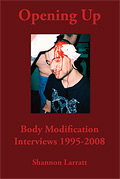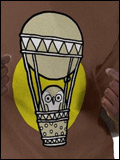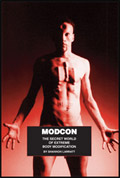I'm assuming that most reasonable people are aware that Christmas is not a historical celebration of Christ's birthday. Outside of real evidence that shows conclusively that Jesus didn't exist in the first place, the Bible says that Jesus was not born in the winter. Christmas was originally created as a holiday on December 25th to coincide with Saturnalia, and then was later strengthened by the shift of the December 6th St. Nicholas (sometimes replaced with the Christkind “elf”) celebrations by Protestants to Christmas (so they could keep celebrating it without reference to the Papacy).
Anyway, I thought I'd tell a Christmas story and recount the real history of “Santa Claus”.
St. Nicholas was born in about the year 270 in Turkey to rich parents under the Roman rule, who persecuted the Christians ruthlessly until St. Nicholas was close to forty. Some of his life had already been spent in prison. Nicholas has become a monk when he was younger and was now bishop of the region, where he earned a reputation for charity and justice (especially for the falsely accused), as well as waging war on other faiths — he is credited with the destruction of various pagan temples.

The Council of Nicene banned Arianism, although it did little to stop it because Constantine and his family were still friendly to the faith and did what they could to replace Catholic bishops with ones that held Arian views. Nicholas however they didn't dare replace because he was so popular. As I mentioned earlier, Nicholas had a reputation for generosity. Ever see the gold colored balls that hang in front of a pawnshop (or hang on a Christmas tree)? These come from a story about three young women in Nicholas's territory that were too poor to afford a dowry (and so poor that they might be forced into a life of prostitution). When each reached the age of marriage, Nicholas secretly tossed a bag of gold (which he'd inherited from his wealthy parents) into their courtyard. By the time the third daughter reached marriage age, the father was on lookout to find out who it was — so Nicholas dropped the bag of gold down the chimney instead (and in some versions, the bag fell in a stocking put by the fire to dry).
Other acts of anonymous generosity in the region became attributed to Nicholas as well, and after he died, people started giving each other presents anonymously and crediting Nicholas.

But, at its roots, at least this time there is a real person with some literal connection to the celebration, even though about all of the above that can be independently confirmed is his existence.



Post a Comment